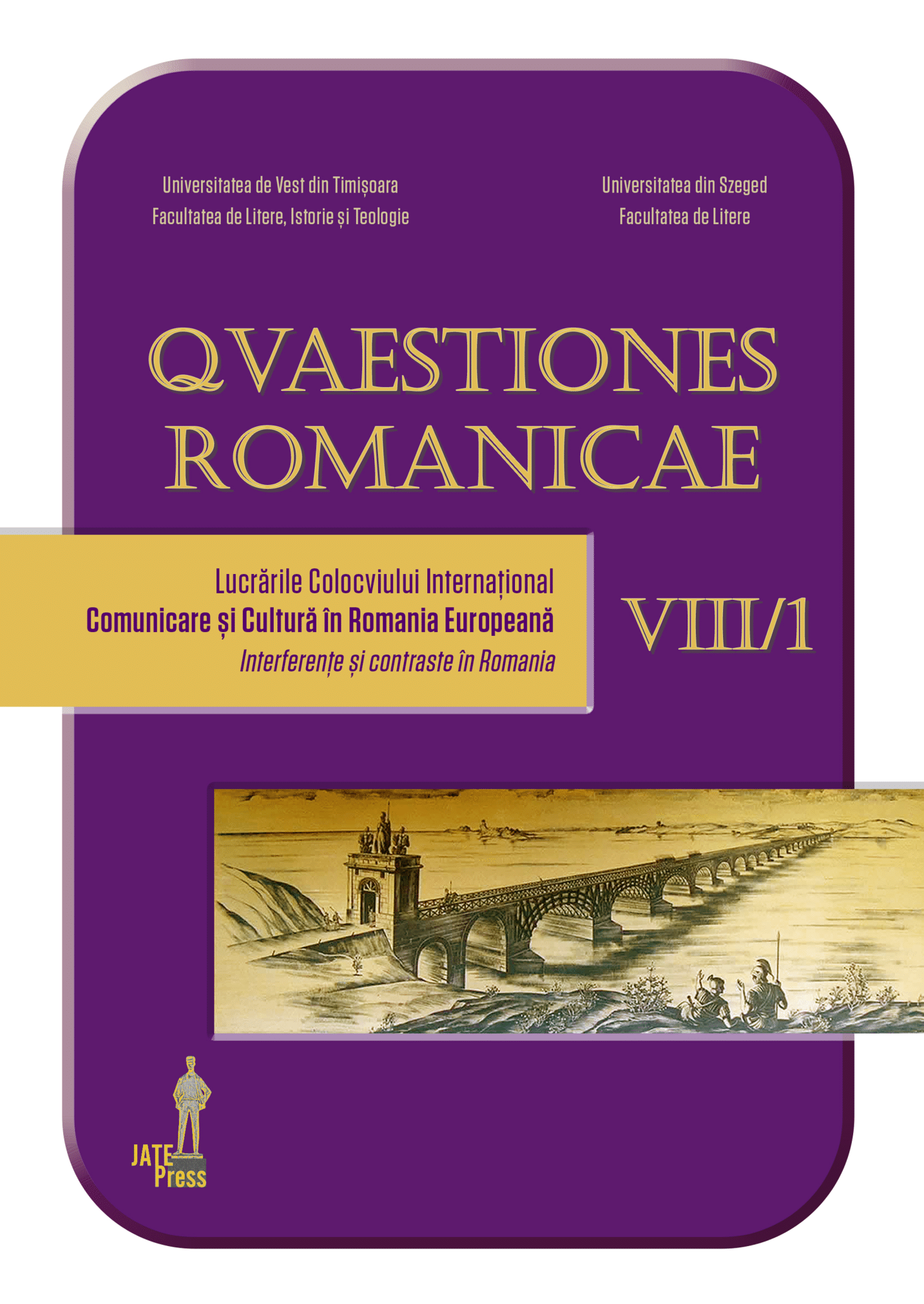Paradoxul semantic în discursul cioranian
The Semantic Paradox in the Cioranian Speech
Author(s): Simona ConstantinoviciSubject(s): Stylistics
Published by: Universitatea de Vest din Timişoara
Keywords: Cioran;paradox;semantics;oxymoron;etymon;
Summary/Abstract: We try to show, in this paper, that when it comes to a writer like Emil Cioran, the insertion, in a philosophic, essayistic or aphoristic discourse, of terms with different stylistic functionality, becomes clear proof of the mastery of the potentials and nuances of the Romanian language. By association with the determinant endearing, the terms fury and hysteria, for example, leave the area of the usual language, installing themselves in a semantic of the paradox, cultivated by the philosopher on wide areas. Cioran often associates the word "hysteria" with determinants from other semantic spheres, makes it more domestic, more gentle, in other words, fades the initial terminological mark, removes it, at first reading, from the scientific, medical style. Endearing, laic, messianic, metaphysical are just a few of these paradoxical determinants, catalysts of intense experiences, but also a semantic source of perplexity, of absurdity, of sarcasm. There is a predilection in Cioran's youth discourse for the use of terms that come from different semantic spheres, which are used in association or in syntagmatic partnership. The proximity of them, within the collocations they structure, leads to obtaining unusual, oxymoronic predications. Thus, it is produced a relativization of the semantic homogeneity of the two terms and, in a paradoxical way, a fusion of them, in the discursive actuality, by the recovery of the etymological meaning. The association with antonymous or contrastive terms, forces a semantic reorientation of the entire cioranian speech.
Journal: Quaestiones Romanicae
- Issue Year: VIII/2020
- Issue No: 1
- Page Range: 264-273
- Page Count: 10
- Language: Romanian

